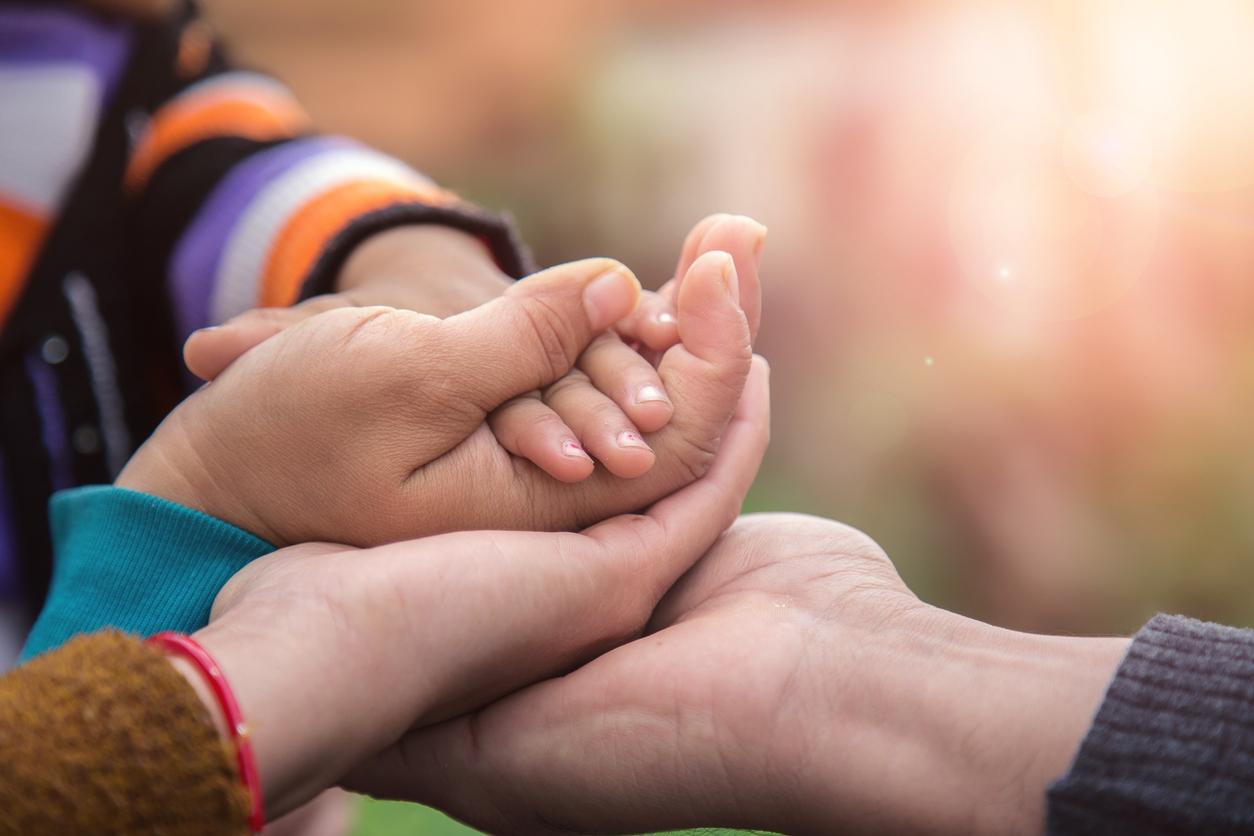Being nice reduces stress and the risk of developing cardiovascular disease. On the occasion of World Kindness Day, scientists recall the importance of this quality in everyday life.

“A kind word can warm three winter months,” says the Japanese proverb. But the health benefits of kindness are not just a pipe dream. It has been scientifically proven time and time again that being nice leads to a reduction in cardiovascular risk and has positive effects on diabetes, which in the long term would therefore increase life expectancy. On the occasion of World Kindness Day, scientists wanted to recall the benefits of this quality for the body. “Living with people who treat you with indifference or indifference at best, and open hostility at worst, is bad for you. It literally shortens your life. Conversely, receiving kindness from others and giving kindness is the antithesis of this toxic stressful situation,” says Daniel Fessler, director of theBedari Kindess Institute from the University of California, Los Angeles (USA), BBC in an article devoted to the subject published on November 11.
This Institute was founded a few months ago by philanthropists Jennifer and Matthew Harris. Research was needed, they said, “to understand why kindness can be so rare in this modern world” and to “bridge the gap between science and spirituality.” At this center, anthropologists study how kindness “spreads” between people, sociologists examine why misbehaving individuals are persuaded to be nice, and psychologists work to understand how kindness can improve mood and reduce the symptoms of depression. “Behaving kindly or even thinking about how you can be kinder to others lowers blood pressure,” explains Daniel Fessler to the BBC.
“To engage in kindness, to contemplate how one can be kind to others, is to lower blood pressure. It has therapeutic benefits. There are benefits to treating depression and anxiety,” he insists, pointing to the importance of seemingly insignificant interactions, like a waitress smiling at a customer in a cafe.
“Kindness can change a lot of things”
Kelli Harding, a physician at Columbia University, agrees. Kindness and empathy “boost the immune system and overall help people live longer. It’s quite amazing because there are a lot of them and you can’t overdose them. There is a free supply”, explains to the BBC the one who published a book called The Rabbit Effect on this phenomenon.
“I had heard about this rabbit study in the 1970s. One series had better results and they wanted to know what was going on. It turned out that the rabbits that were doing better were under the care of a very nice researcher. As a doctor, I was absolutely shocked. I felt like there was an urgent message. Kindness can change a lot of things and help people navigate their world,” she says.
However, being kind doesn’t mean being smug and fake, she warns. It’s all about being honest and caring with yourself, because “it is often easier to be kind to others than to ourselves”she recalls.
Calm heart rate and decrease stress response
A few months ago, a study conducted by researchers at the University of Exeter, in Great Britain, demonstrated the health benefits that having compassion for oneself could bring. According to their work published in the journal Clinical Psychological Sciencehaving good thoughts towards oneself would thus calm the heart rate and deactivate the stress response system, which is very bad for the body in the long term.
To better understand the phenomenon, the researchers divided 135 students into five groups and gave them different instructions. By observing the participants’ heart rate and sweat rate, they could see that the people they asked to be nice to themselves were more relaxed. They also said they felt more compassion towards themselves and towards others. Conversely, those whom the researchers had asked to be critical of themselves had a higher heart rate and more sweating, as if they felt threatened.
“This suggests that being kind to yourself turns off the body’s reaction to threats and places it in a state of safety and relaxation important for regeneration and healing,” says the study’s first author, Dr. Hans Kirschner. Our study helps to understand how important it can be for psychological treatments to be kind to oneself in the event of a problem. By turning off our response to the threat, we strengthen our immune system and give ourselves a better chance of recovery,” he continues. And to conclude: “We hope that future research can use our method to investigate this in people suffering from mental health problems such as depression.”
.















